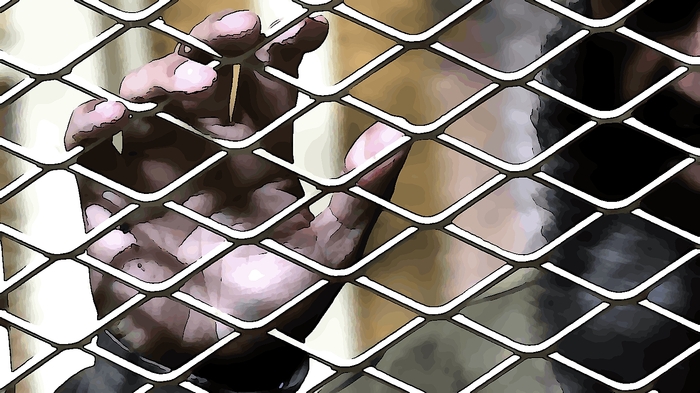
A CIA veteran who ran one of the agency's "black site" prisons before advancing to the spy service's upper ranks has been named deputy CIA director, the agency announced Thursday.
Gina Haspel, 60, spent much of her 32-year CIA career in undercover assignments overseas and at CIA headquarters, including serving as the agency's top representative in London and as the acting head of its clandestine service in 2013.
But her extensive involvement in a covert program that used harrowing interrogation measures on al-Qaida suspects is likely to compound mounting concern among human rights organizations at a time when the Trump administration has signaled that it may seek to reestablish CIA prisons overseas.
CIA Director Mike Pompeo described Haspel as a "proven leader with an uncanny ability to get things done and inspire those around her" in a statement announcing her appointment as his deputy.
The release listed awards that Haspel has earned during her career, but it made no reference to her involvement in the interrogation program, which was dismantled by President Barack Obama in 2009.
"We are obviously still so strongly opposed to her appointment," said Raha Wala, director of national security advocacy at Human Rights First. "Her fingerprints are all over the torture program, not to mention destruction of evidence."
Republican leaders of the House and Senate intelligence committees praised the pick. But two Democratic members of the Senate Intelligence Committee, Ron Wyden, Ore., and Martin Heinrich, N.M., issued a statement saying that Haspel's "background makes her unsuitable for the position."
Haspel ran one of the first CIA black sites, a compound in Thailand code-named "Cat's Eye," where al-Qaida suspects Abu Zubaida and Abd al-Rahim al-Nashiri were subjected to waterboarding and other techniques later condemned as torture.
Haspel later served as chief of staff to the head of the agency's Counterterrorism Center, Jose Rodriguez, when he ordered the destruction of dozens of videotapes made at the Thailand site.
Rodriguez wrote in his memoir that Haspel "drafted a cable" ordering the tapes' destruction in 2005 as the program came under mounting public scrutiny and that he then "took a deep breath of weary satisfaction and hit Send."
The Justice Department spent several years investigating alleged abuses in the interrogation program and the destruction of the tapes, but no charges were ever filed.
Perhaps anticipating controversy over Haspel's selection, the CIA took the unusual step of soliciting testimonials from seven former top intelligence and congressional officials. Their statements of support were included in the agency's release. Former CIA director Michael Hayden described Haspel as "a trusted friend, lieutenant and guide to the sometimes opaque corridors of American espionage."
Former CIA officials said that Haspel was highly regarded as an effective officer and leader at the agency, with some believing she had been unfairly penalized for her role in counterterrorism operations that were launched after the Sept. 11, 2001, attacks and carried out with the legal approval of the Justice Department.
Haspel was passed over in 2013 for a permanent assignment as head of the CIA's clandestine service, although agency officials said the decision was not driven by her connection to the prisons controversy.
That issue has been reignited by President Donald Trump, who said during an interview last week that he believes that torture works. "Absolutely, I feel it works," he said. He added that he would defer to Pompeo and Defense Secretary Jim Mattis on decisions about interrogation policy, but a draft executive order distributed in recent weeks calls for an examination of whether the CIA should again be given authority to detain and interrogate terrorism suspects.
U.S. officials have said that Pompeo was angered that he was not consulted on the order. It surfaced publicly after he said during confirmation hearings that he would refuse any order to resume the use of so-called "enhanced" interrogation techniques "can't imagine I would be asked" to do so.


 Contact The Editor
Contact The Editor
 Articles By This Author
Articles By This Author